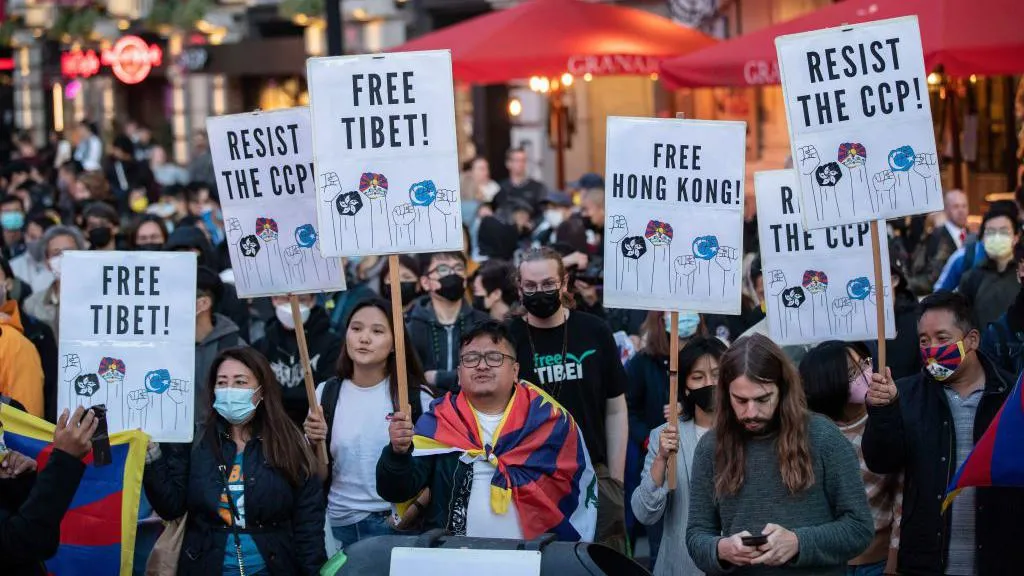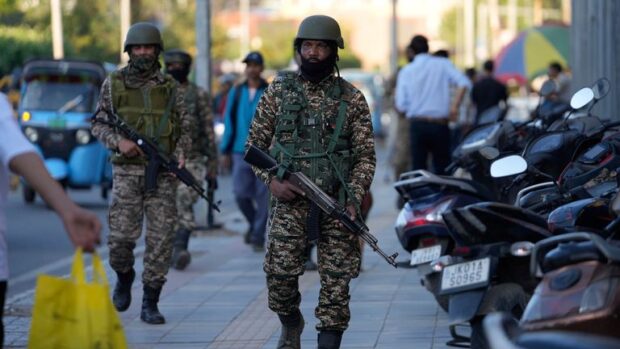
China’s United Front Work Department (UFWD), described by both Mao Zedong and Xi Jinping as a “magic weapon,” is increasingly raising concerns in the West. This long-standing arm of the Chinese Communist Party (CCP), designed to build broad coalitions, is now under scrutiny for alleged foreign interference.
While the UFWD publicly reports some of its activities, the full extent of its reach is unclear. A key focus is influencing overseas Chinese communities, shaping narratives on sensitive topics like Taiwan, Xinjiang, and Tibet, and targeting critics of the Chinese government. While some UFWD activities may involve espionage, its broader goal is mobilizing overseas Chinese populations to support Beijing’s agenda. China’s growing global influence under Xi has enabled it to expand these efforts, with Xi urging the Chinese diaspora to promote “China’s story.”
The UFWD operates through various overseas Chinese organizations, which have been accused of censoring anti-CCP viewpoints, protesting against figures like the Dalai Lama, and even issuing threats against minority groups. The department’s often covert methods create “plausible deniability,” fueling suspicion. Recent cases, such as businessman Yang Tengbo’s sanctioning, and accusations against figures like Christine Lee in the UK and Linda Sun in the US, highlight these concerns.
A central issue is the blurry line between legitimate influence and espionage. A 2017 Chinese law requiring citizens and companies to cooperate with intelligence probes further complicates matters, potentially turning everyone into “potential spies.” This ambiguity, combined with propaganda about foreign spies, creates a difficult situation for Western governments, who must balance economic ties with China against security concerns.
Some countries, like Australia and the US, have implemented foreign interference laws to counter perceived meddling. However, these measures have also sparked concerns about potential racial profiling of ethnic Chinese individuals. Experts emphasize the importance of distinguishing between CCP supporters and the broader Chinese diaspora, warning that overly aggressive policies could alienate these communities and inadvertently push them closer to Beijing. The case of Di Sanh Duong in Australia, convicted of foreign interference, exemplifies the potential for these laws to be misused. It is crucial to address legitimate security concerns without resorting to racial profiling and fostering distrust within ethnic Chinese communities.















Be the first to leave a comment